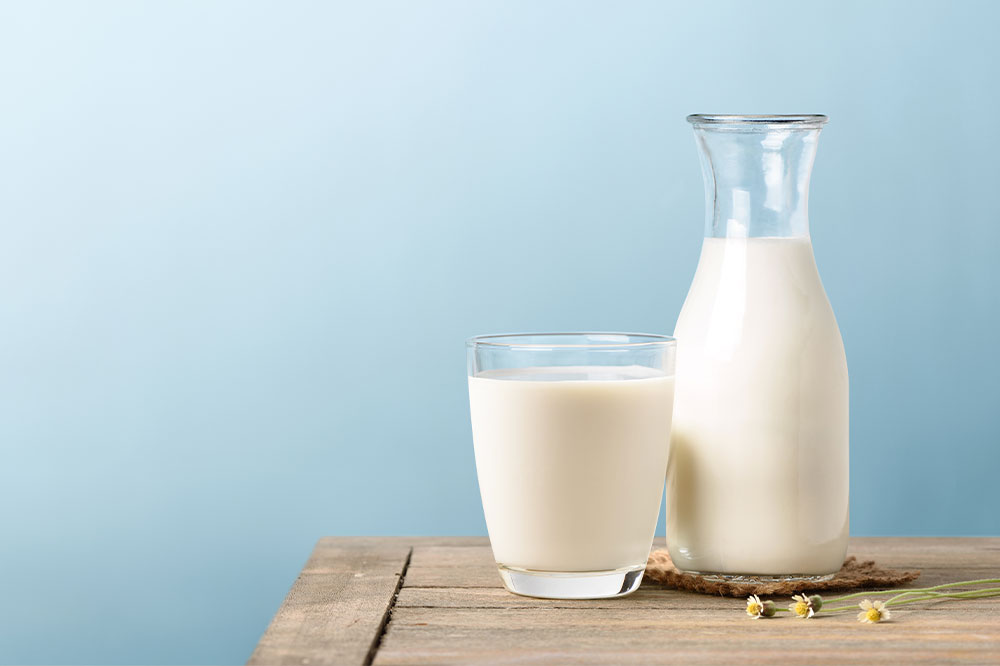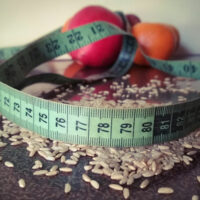5 foods to avoid to manage ulcerative colitis symptoms

Ulcerative colitis is an inflammatory bowel disease that causes inflammation and sores or ulcers in the digestive tract. Ulcerative colitis affects the large intestine, and there is no permanent cure for the condition . However, some management options can help keep the symptoms at bay. One of the most crucial management tips is changing food and nutritional habits. Here are some foods that one must avoid to prevent inflammation or discomfort.
Dairy products
It is observed that those with UC are often lactose intolerant and have trouble properly digesting. The trigger here is not dairy per se but the small intestine’s inability to digest the sugar found in milk with the help of an enzyme called lactase. This indigestion leads to abdominal pain and even diarrhea in some cases. Therefore, it is best to avoid dairy and dairy products like milk or cheese, but if you want to add them to your meal plan, consult nutritional experts about adding lactase supplements to ease digestion.
Processed foods
It includes packaged breakfast cereals, canned vegetables, sausage, ham, salami, and microwave-ready meals. Processed food products are often high in trans fat, which is known to cause a higher risk of developing ulcerative colitis. Most of the products use hydrogenated oils and sunflower, safflower, canola, and peanut oil, which are more likely to trigger inflammation in the body. In addition, many health experts recommend following a Mediterranean meal plan (fiber-rich and plant-derived foods) and limiting red meat to manage UC symptoms.
Fizzy drinks
Carbonated drinks may seem like innocent sugary drinks, but it leads to gas and bloating in those dealing with UC. These symptoms can lead to abdominal pain and discomfort as most of these drinks also contain caffeine which is known to be a stimulant, putting the intestines in discomfort. It can also lead to diarrhea in some people. You can substitute a carbonated drink with fruit-infused water and some iced herbal teas, which have been associated with a lower risk of inflammatory diseases.
Nuts and seeds
One must avoid walnuts, pecans, peanuts, cashews, hazelnuts, almonds, pumpkin seeds, sunflower seeds, flaxseeds, and wild rice to prevent the triggering of UC symptoms. These foods are hard to digest, which irritates the lining of the intestine. But over time, slowly introducing these foods into the nutrition plan is possible if the colon is healed. Consult a nutritional expert to understand the diagnosis properly and how to manage a food plan.








